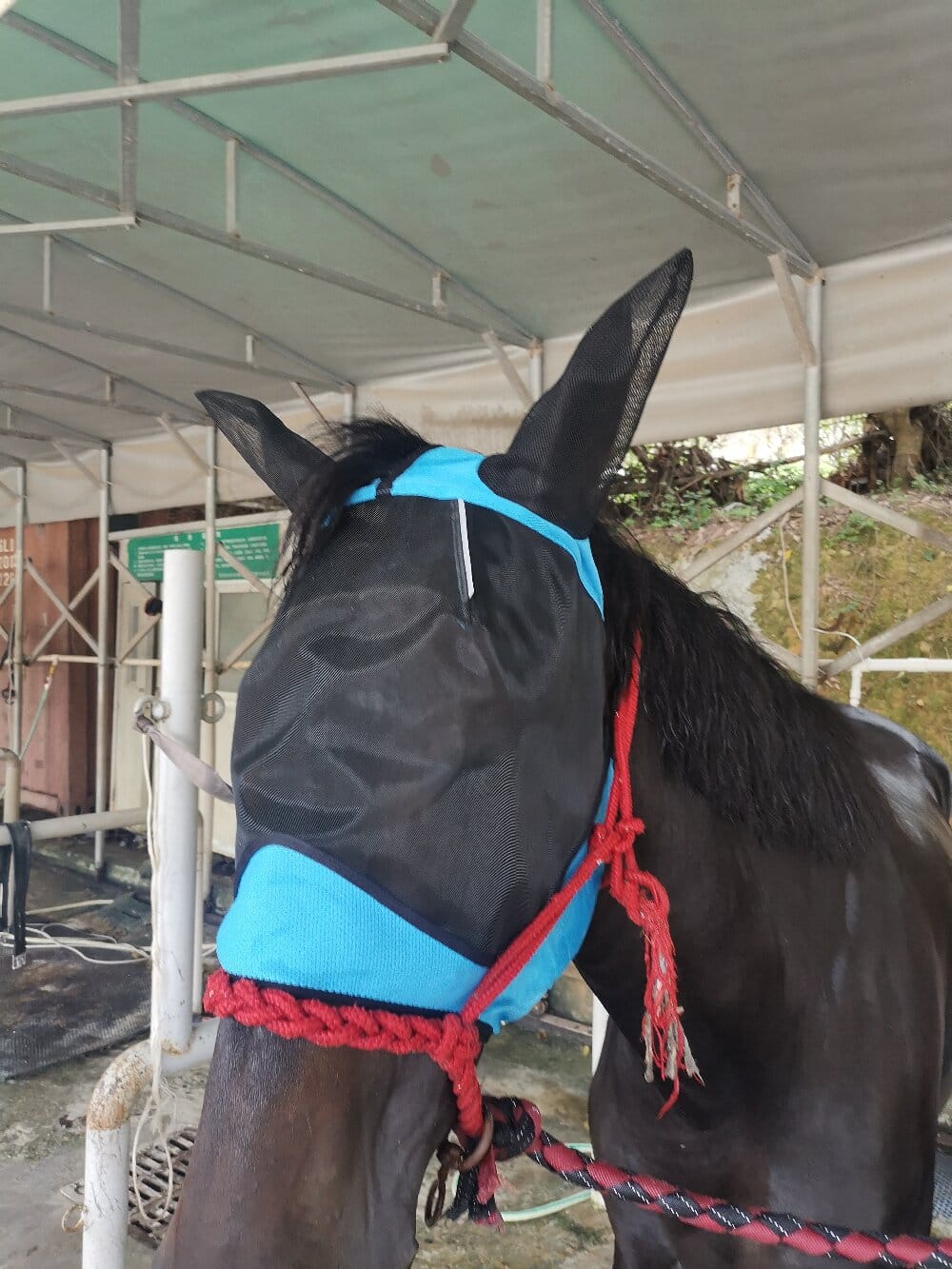When it comes to protecting your horse from pesky insects, a horse fly mask is an essential piece of equipment. These specialized masks shield your equine companion’s eyes, ears, and face from irritating flies, mosquitoes, and UV rays, ensuring comfort during turnout or training. But beyond basic protection, the right fly mask can enhance your horse’s well-being and performance—making it a must-have for responsible owners.
Flies aren’t just a nuisance; they can cause serious health issues for horses. Persistent biting insects lead to stress, skin infections, and even eye conditions like conjunctivitis. A high-quality horse fly mask acts as a barrier, reducing irritation and preventing long-term damage. Here’s why investing in one matters:
- Eye Protection: Masks with UV-blocking materials safeguard against sunlight and airborne debris.
- Reduced Stress: Fewer flies mean a calmer, happier horse.
- Preventative Care: Minimizes the risk of infections caused by insect bites.
Choosing the Right Horse Fly Mask
Not all fly masks are created equal. Factors like material, fit, and additional features determine effectiveness. Here’s what to consider:
- Material: Look for breathable, durable fabrics like mesh with quick-dry properties.
- Fit: A snug but comfortable fit prevents rubbing and ensures full coverage.
- Extras: Some masks include ear covers or extended nose flaps for added protection.
For performance horses, lightweight designs with moisture-wicking capabilities are ideal, while pasture buddies might benefit from rugged, long-lasting options.
Industry Insights: Innovations in Fly Mask Design
The equestrian industry has seen remarkable advancements in fly mask technology. Modern designs now incorporate:
- Smart Fabrics: Antimicrobial treatments to reduce bacterial growth.
- Adjustable Straps: Customizable fits for different head shapes.
- Eco-Friendly Options: Sustainable materials for environmentally conscious buyers.
These innovations reflect a growing demand for products that prioritize both horse health and sustainability.
Common Mistakes to Avoid When Using Fly Masks
Even the best horse fly mask won’t work if used incorrectly. Avoid these pitfalls:
- Poor Sizing: Too tight can cause sores; too loose may slip off.
- Infrequent Cleaning: Dirty masks harbor bacteria and lose effectiveness.
- Overuse: Remove periodically to check for irritation or wear.
Regular maintenance—like hand-washing and inspections—extends the mask’s lifespan and keeps your horse comfortable.
Conclusion: A Small Investment with Big Benefits
A horse fly mask is more than just an accessory; it’s a critical tool for maintaining your horse’s health and happiness. By selecting the right design and using it properly, you’ll protect your equine partner from discomfort and potential health risks. Whether you’re a competitive rider or a casual owner, this simple addition to your tack room can make all the difference.

